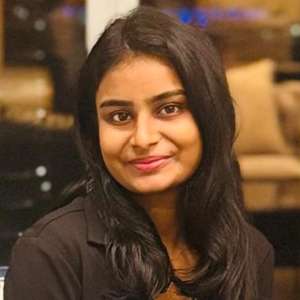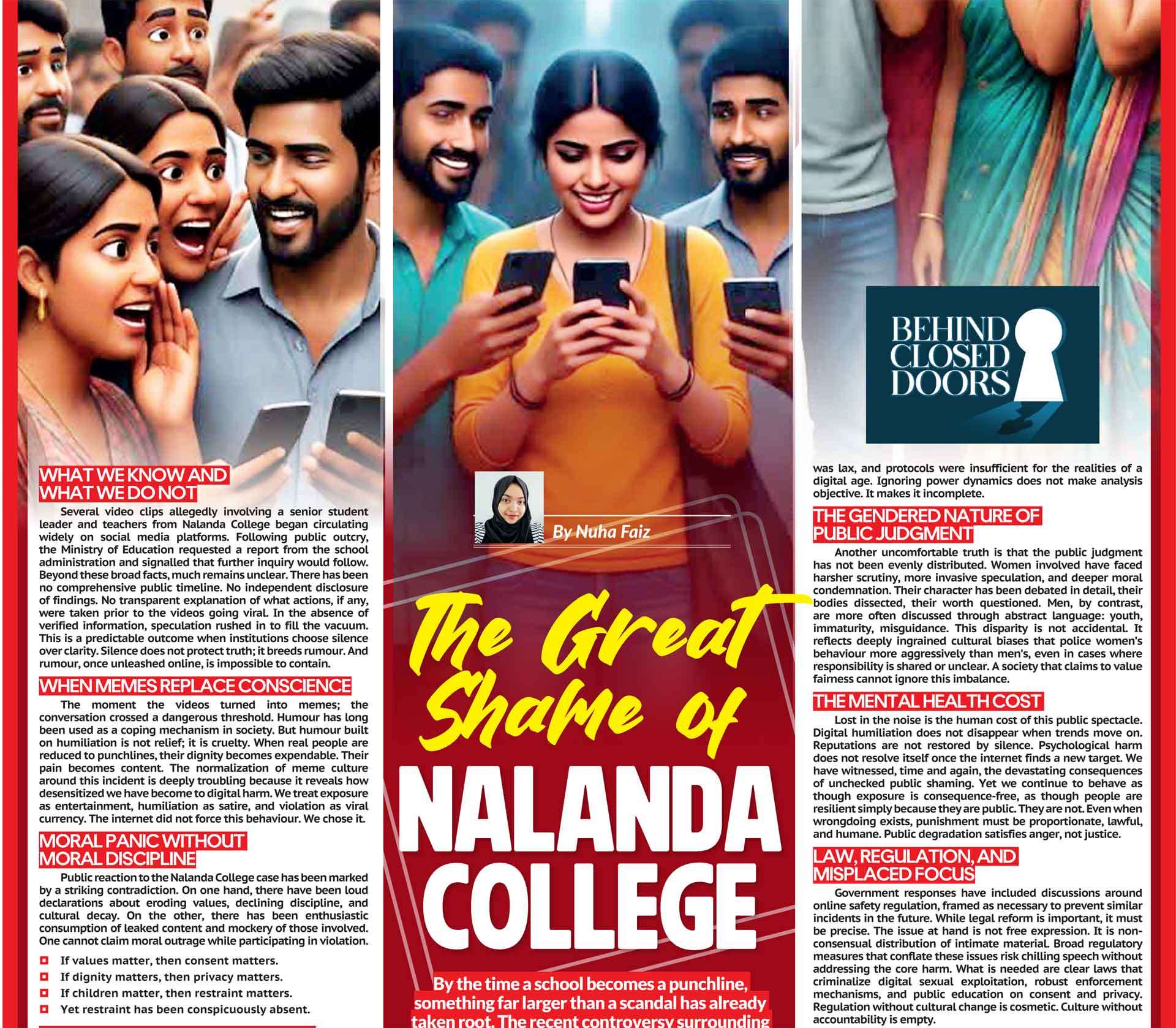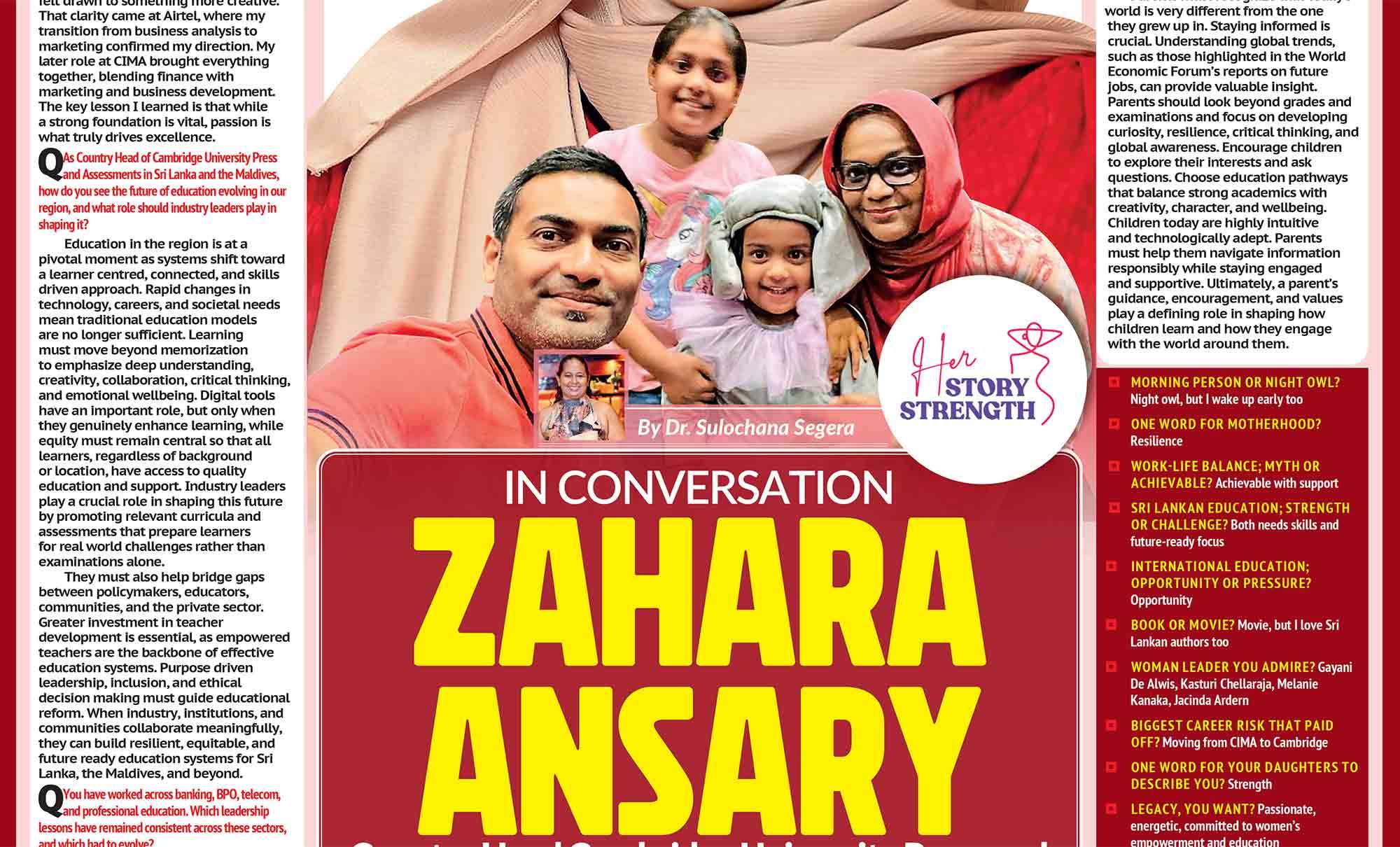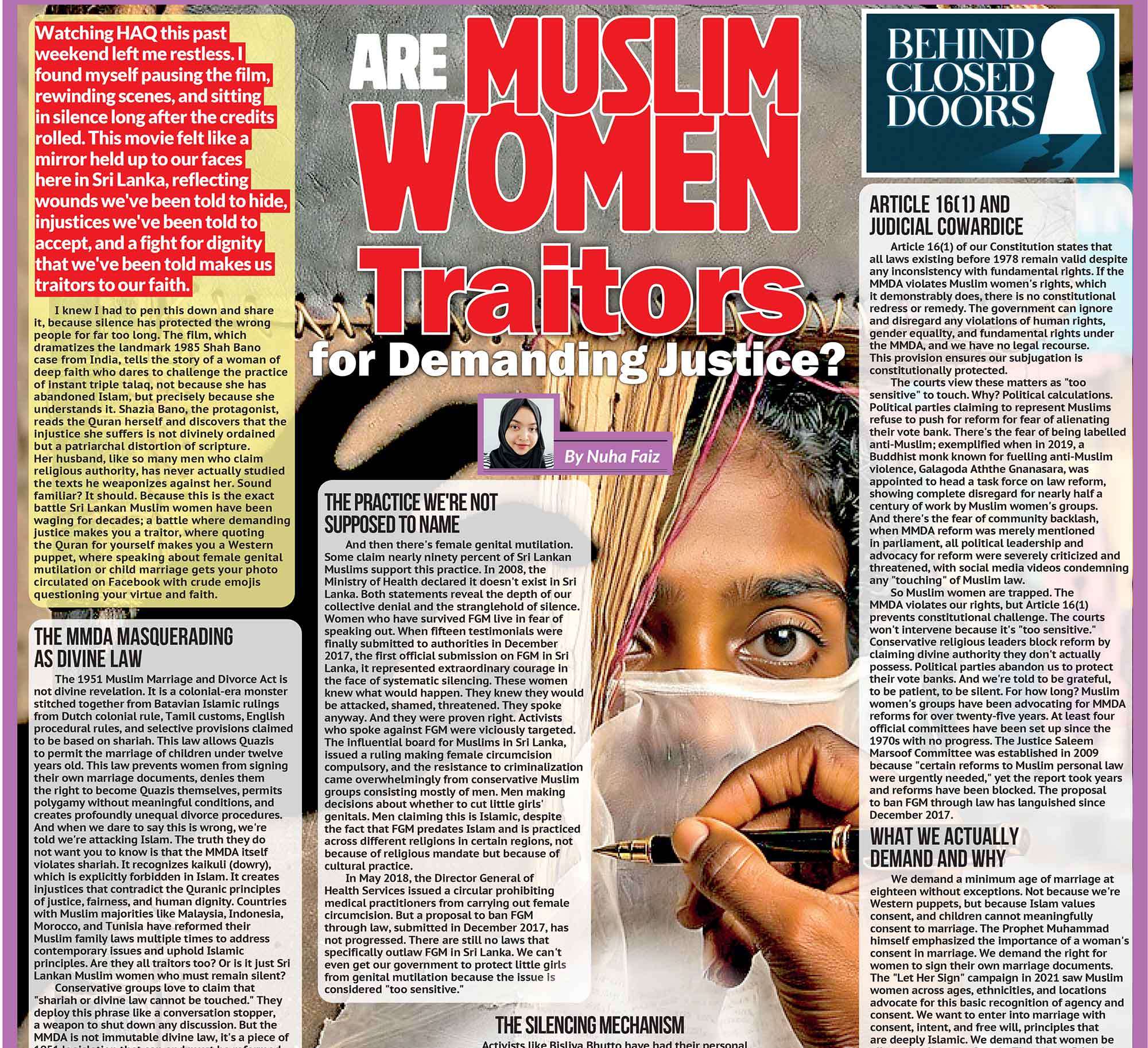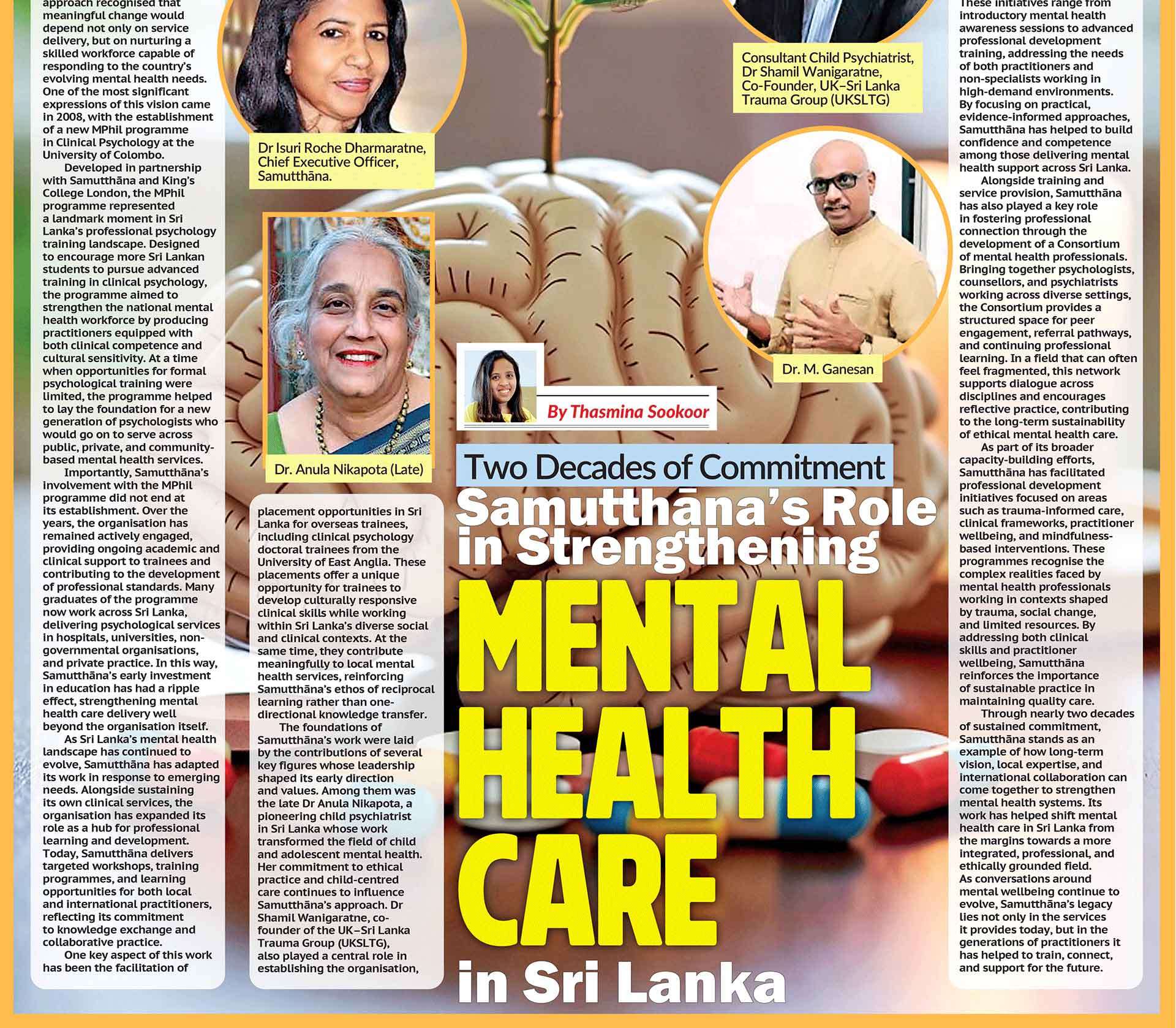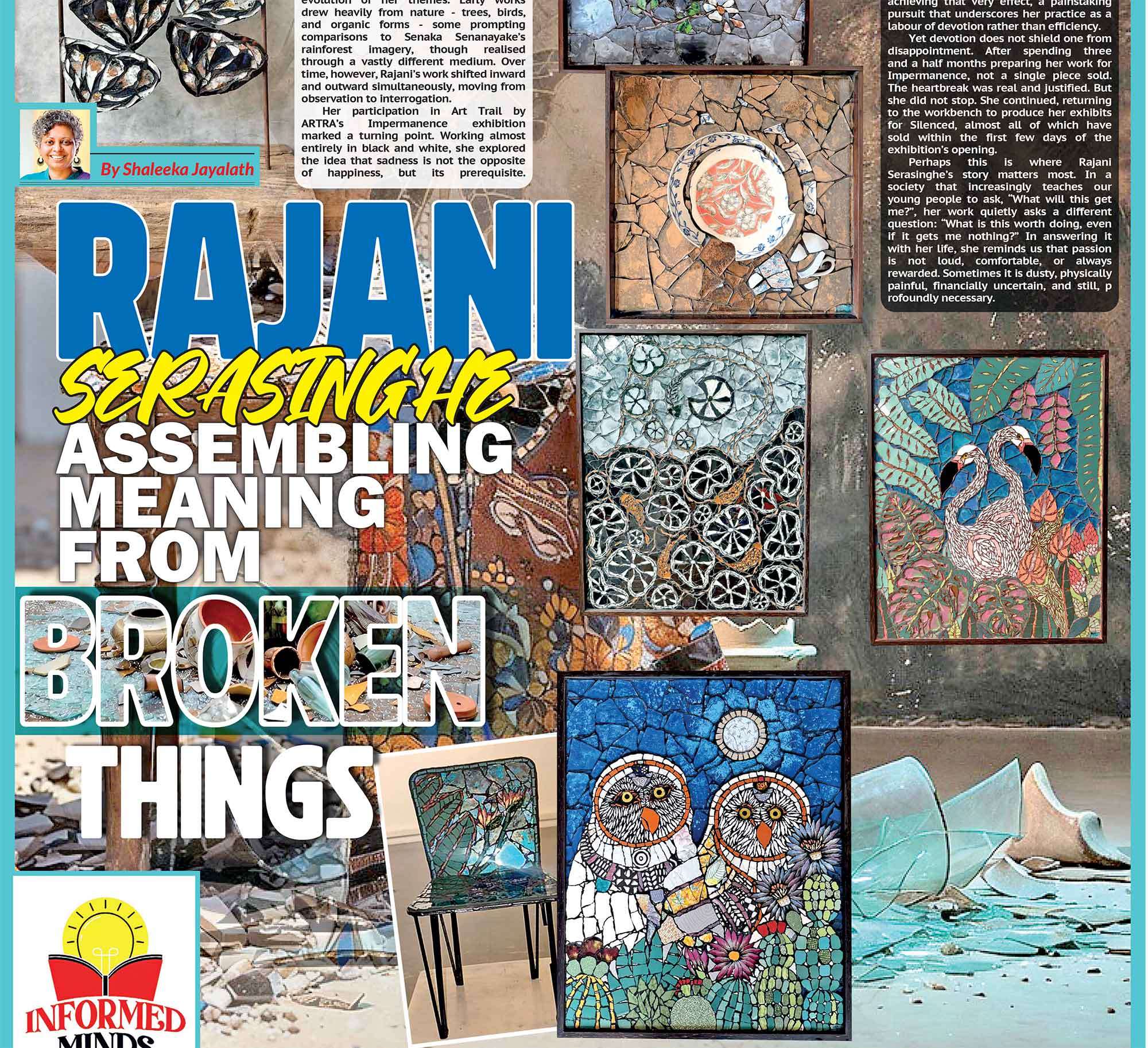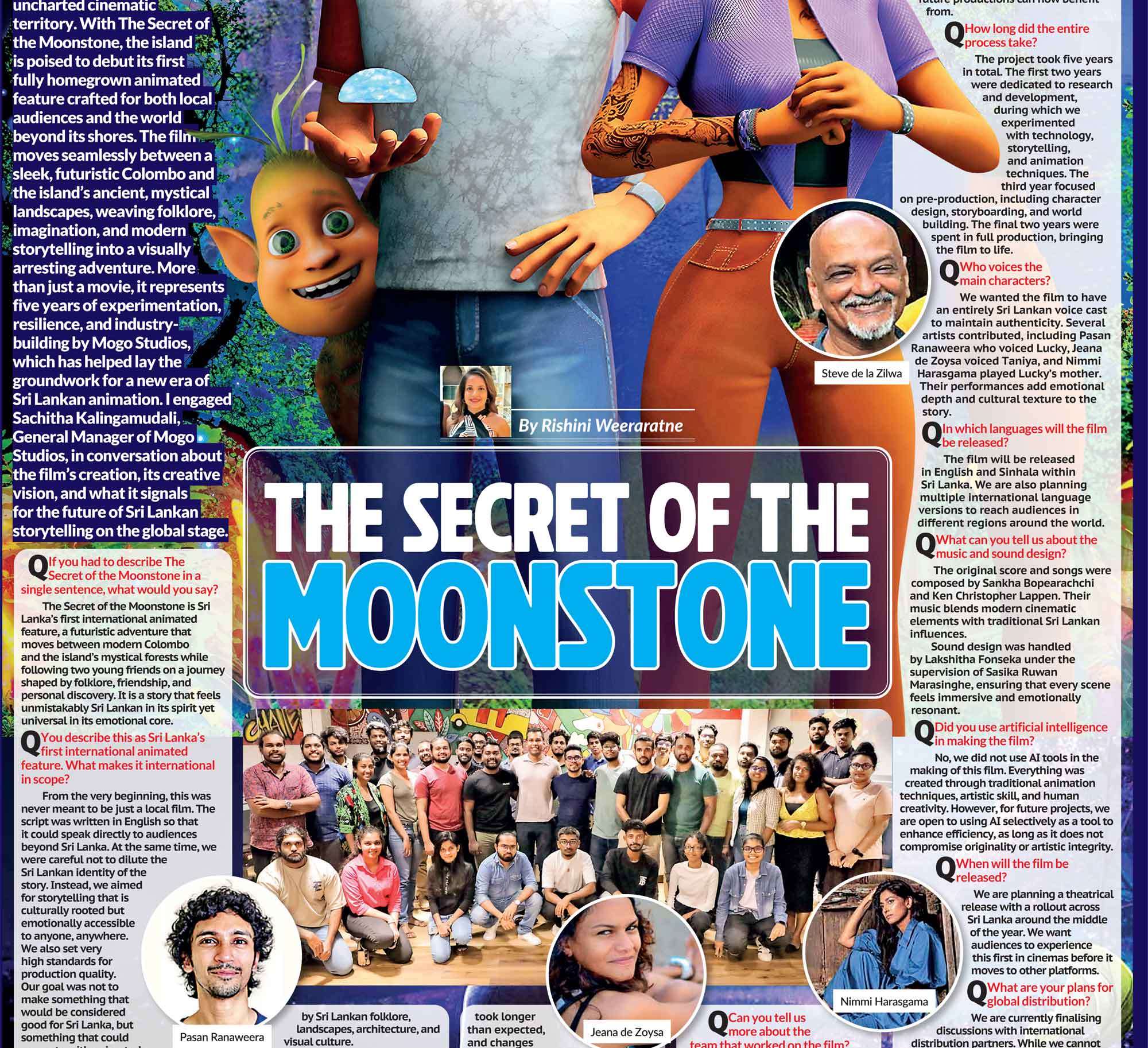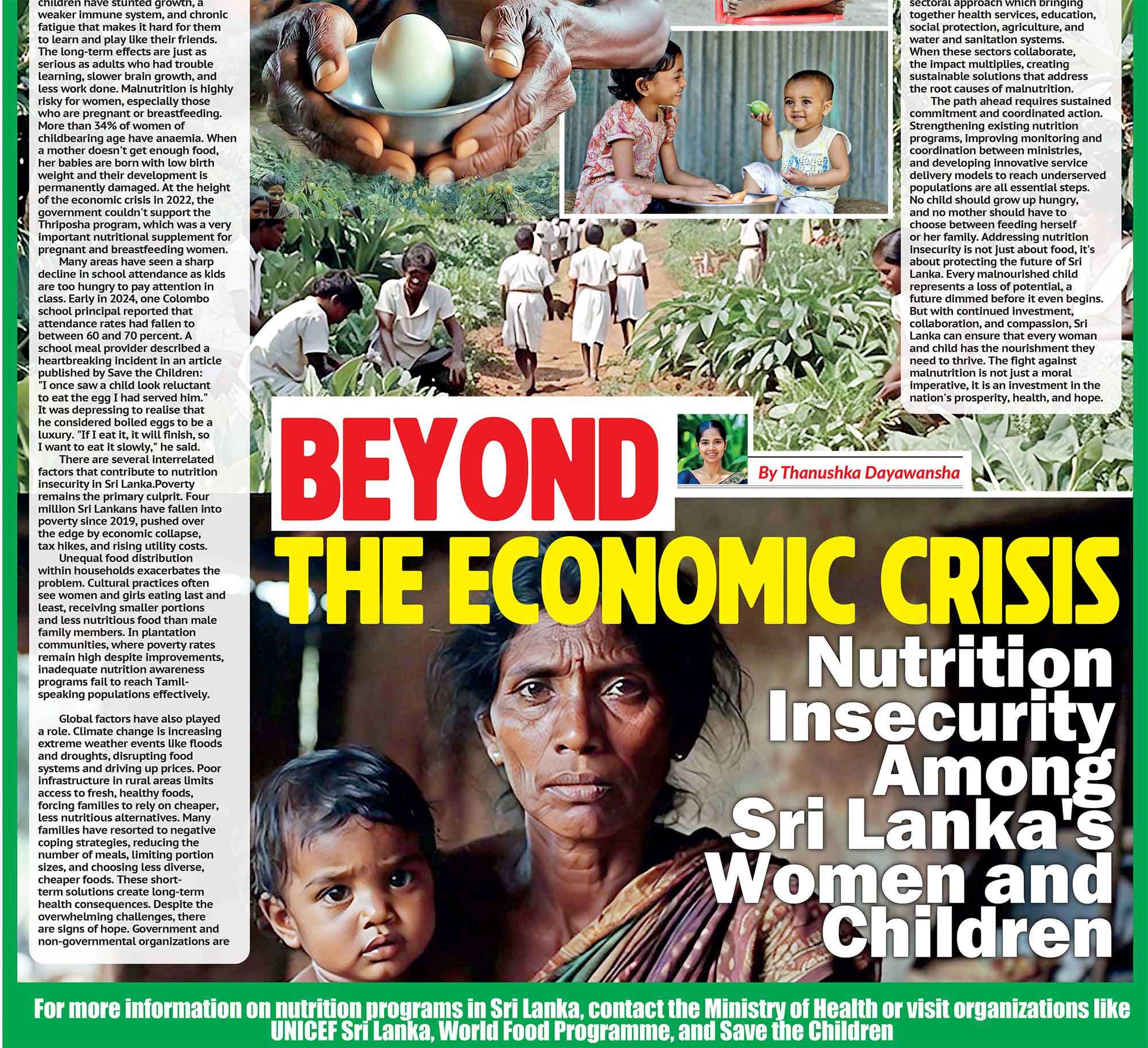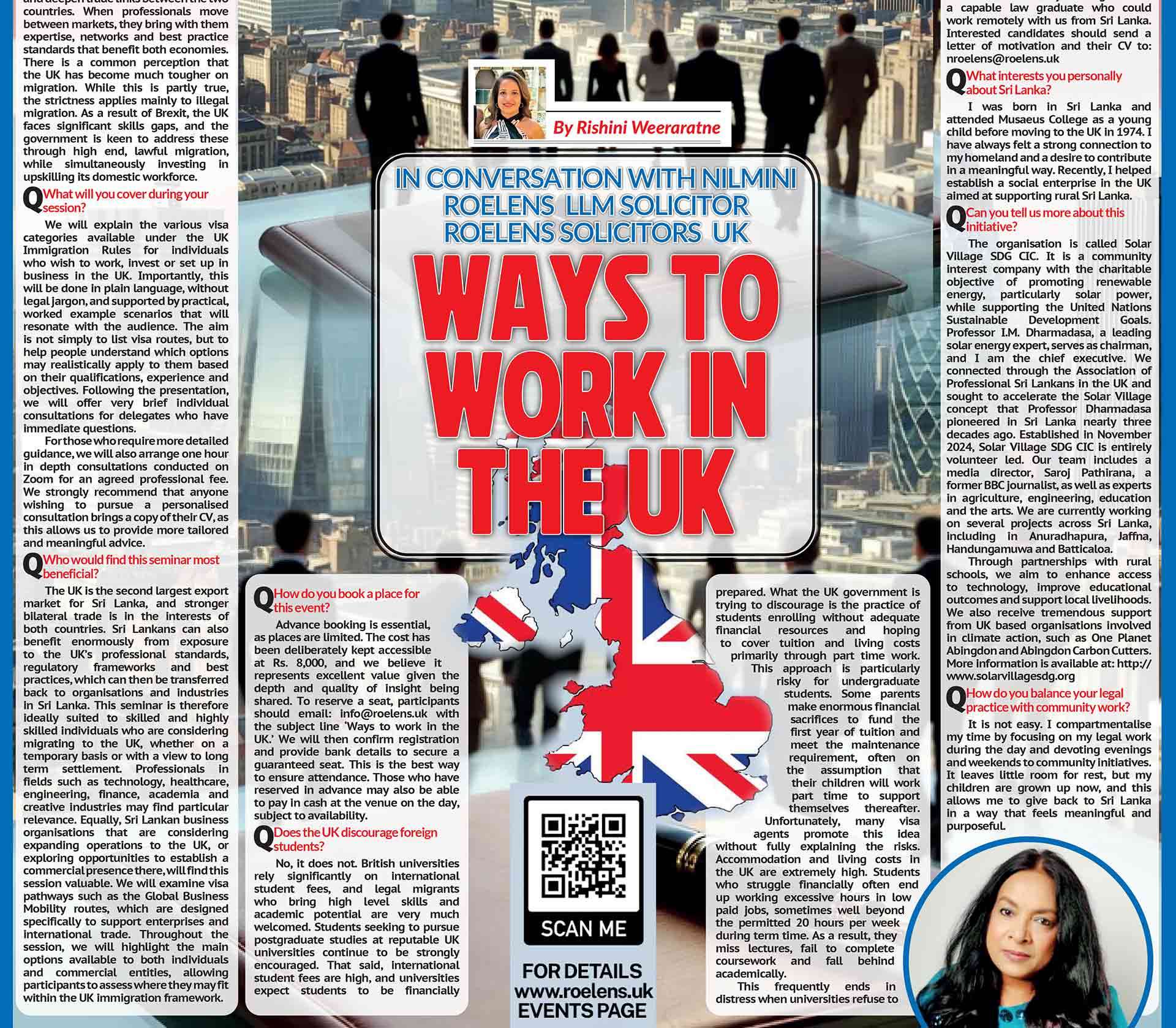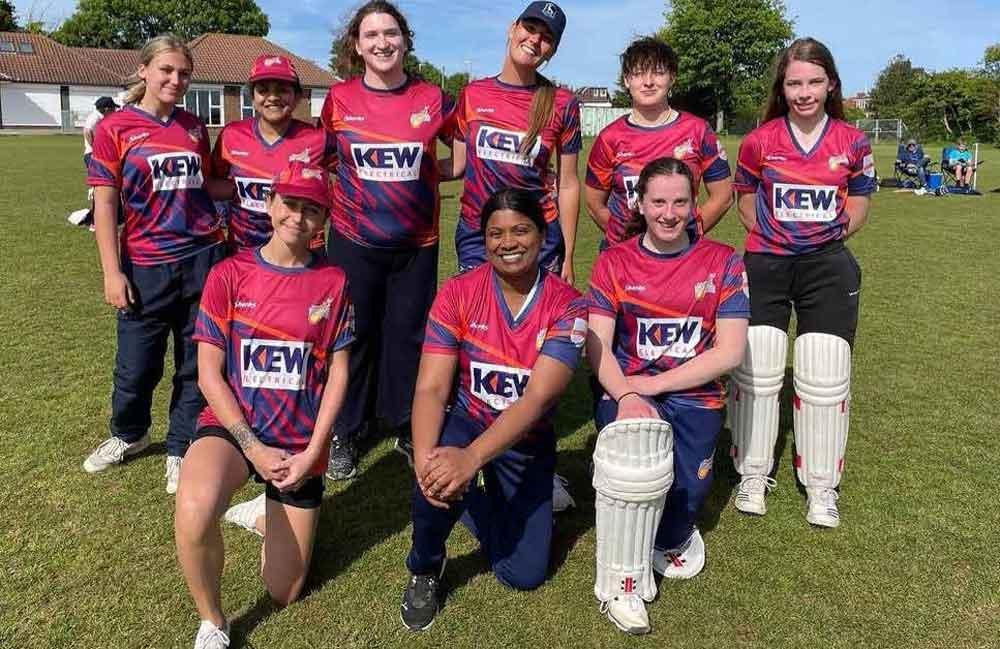
Nilma Dole-Williams is a cricket coach, humanitarian, and the wife of the British Ambassador to Cambodia, Mr. Dominic Williams. Her journey in sports and service has taken her across the globe, from playing for the Peruvian women’s cricket team to becoming the first female coach of color at Brighton and Hove Cricket Club, and now developing cricket programs and supporting communities in Cambodia. Her story is one of passion, determination, and the drive to empower young women through sports. Let’s hear a few questions she answered, sharing her experiences, challenges, and advice for aspiring sportswomen.
Q Nilma, can you take us back to your childhood, how did sports, particularly cricket, shape your early life, and what role did your family play in encouraging or discouraging your interest?
Growing up, I was told that cricket was not a sport for a young lady. I always had a passion for cricket, but I was never really encouraged because I come from a mixed Sri Lanka Malay family in Kandy. My mother’s father is originally Bengali and I also have mixed Sinhala and Tamil genes. So as a girl in a conservative society, I was conditioned to believe that a good marriage was the only way for me to succeed in life. I did accept my fate but yet in my heart, I was passionate about doing something more with my life.
Q You mentioned being inspired by Sri Lanka’s 1996 Cricket World Cup victory. What about that moment resonated with you so strongly, even though you weren’t actively playing at the time?
Seeing Sri Lanka win the Cricket World Cup in 1996 was etched in my memory as a young girl. I couldn’t believe that a country with a young team from humble backgrounds could achieve such greatness, especially when it happened during the time of the ethnic conflict. Unlike countries such as Australia and England, which have world-renowned facilities, and India, which has a wealth of talent to choose from, Sri Lanka used negativity as a catalyst to succeed. They turned the negativity into positivity, and they succeeded on an international stage. It was absolutely amazing to see the then captain Arjuna Ranatunge lift the golden trophy handed to him by the late Pakistan Prime Minister Benazir Bhutto. In that moment, I believed that cricket is the sport of peace and has the impact to change a country for the better. In that moment, people set aside their differences and came together to join hands in good spirit.
Q You became the first British diplomatic spouse to represent a host country in cricket. What challenges did you face in breaking cultural barriers while doing so?
Indeed, I was the first British diplomatic spouse in the world to represent a host country in cricket. A host country is a country where my husband, who is a diplomat, was posted as the Deputy Ambassador to the British Embassy in Peru. There were no restrictions on representing Peru internationally, but it wasn’t easy at the beginning, as cricket was still developing there. When I became a British diplomatic spouse, I didn’t fit into the same mould as others because I am a woman of color. I didn’t look the same as the other spouses who were mostly white women. I had to find the strength and confidence to carve my own name and so, I did things differently.
The fire and drive I had within me encouraged me to play cricket for Peru, which I didn’t think was ever possible.
Q Winning a bronze medal for Peru at the Women’s South American Cricket Championships is remarkable. How did that achievement shape your confidence and identity in sports?
It was a dream come true to play for the Peruvian Women’s National Cricket team. I represented Peru at the Women’s South American Cricket Championships in 2015 (Chile) and 2016 (Brazil). Together with the team, we won the bronze medal in 2016 in Rio. We used cricket as a female empowerment sport to increase the number of female cricketers in the team in a country that largely objectifies women. We started with only two Peruvian players, and now it’s an all-Peruvian women’s team. The ICC (International Cricket Council) also awarded them with Associate Membership which came at an opportune time. This gave me a real sense of hope and joy for the future because it wasn’t only for Peruvian women, but also a chance to make a real difference in their society and for Latin American women take up sports anywhere.
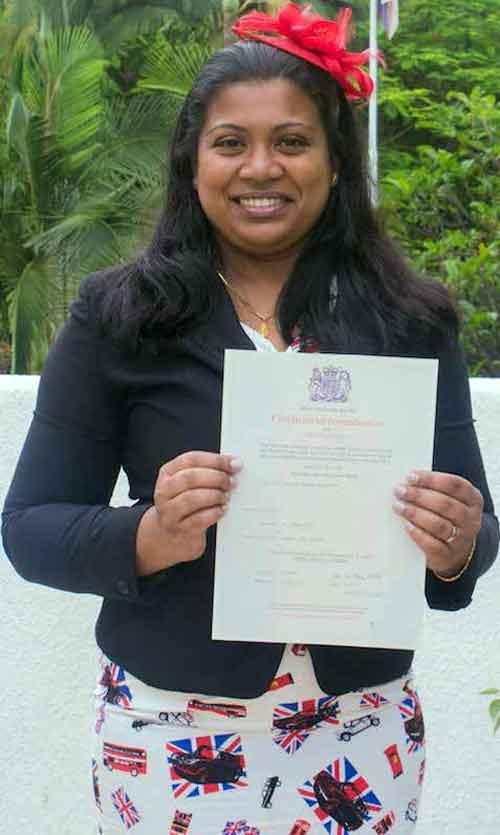
Q How did you cope with major life transitions like evacuating Nigeria in 2020 and returning to the UK during a global crisis?
Everyone has a covid story and it wasn’t easy being evacuated to the UK after our diplomatic posting to Nigeria. I remember that as long as you maintained social distancing and followed the rules, you could play at your local sports club. This made me join my local club, the Brighton and Hove Cricket Club. I was welcomed by some of the female cricketers but obviously, not all of them as I didn’t look like them. But after they got to know me, I got the chance to play for a few matches, which they call fixtures. During this time, the Sussex Cricket County was also giving bursaries for those from underrepresented groups to coach cricket. I was awarded a bursary to do my Level 1 Cricket coaching course and then became the first female coach of colour at the Brighton and Hove Cricket Club. It was great that young cricketers, especially the girls, would see someone like me as a coach because this was rare. Most coaches were all white men who were much older than me. I was honoured to be able to inspire young female cricketers of colour because even today, there is hardly any diversity in the England Women’s National cricket team even though there is plenty of diversity in their Men’s team. As a result of all my voluntary efforts in cricket, I won the prestigious Diversity and Inclusion in Leadership Scholarship to do my Master in Sport Directorship at the Manchester Metropolitan University. This has been a tremendous support for me to continue my passion to increase female diversity in cricket in the UK.
Q You’ve been actively involved in developing women’s cricket in Cambodia. How do you approach building a cricket culture in a country where the sport is still emerging?
It was during the SEA (Southeast Asian) games in 2023 that Cambodia built an international stadium which featured a cricket ground. But the Cricket Federation of Cambodia had only foreign cricketers playing for their National Teams. The ICC gave them Associate Membership in 2022 but unfortunately, Cambodians were not taught how to play cricket. This inspired me to create my own legacy of cricket in Cambodia by setting up after-school cricket clubs and volunteering as a cricket coach. I also encourage Cambodian PE teachers to take up cricket and pass on the skills and expertise I have. I also volunteer coaching cricket to children of displaced families at the settlement camps after the end of the Thailand-Cambodia Border Dispute conflict. I was so impressed to see the success of cricket amongst Cambodian girls who have taken to the sport with enthusiasm and determination.
The good thing about cricket is that it is a multi-skilled sport that allows cricketers to do bowling, batting and fielding as well as developing all-rounder skills. Hence, this sport is perfect for Cambodian girls because they can achieve success in a limited space of time.
Q Where do you see women’s cricket and sports inclusion heading in Cambodia and the wider region over the next five to ten years?
Cambodia has a long way to go in developing a successful cricket culture, but I am optimistic. The country suffered immensely during the Khmer Rouge genocide where millions died. As an answer to this, I have been using cricket as an empowerment sport to combat generational trauma which is prevalent in society today. It is also great that cricket will be made an Olympic sport when it is included in the LA2028 games. Cambodia has never won an Olympic medal so hopefully it’ll be a motivation for them to succeed in this area too. Sports like cricket bring leadership expertise and team building skills which would mean that women and girls can be empowered too. Cambodia has never had a female Prime Minister or a Head of State so hopefully this will encourage more women to strive to be good future leaders.
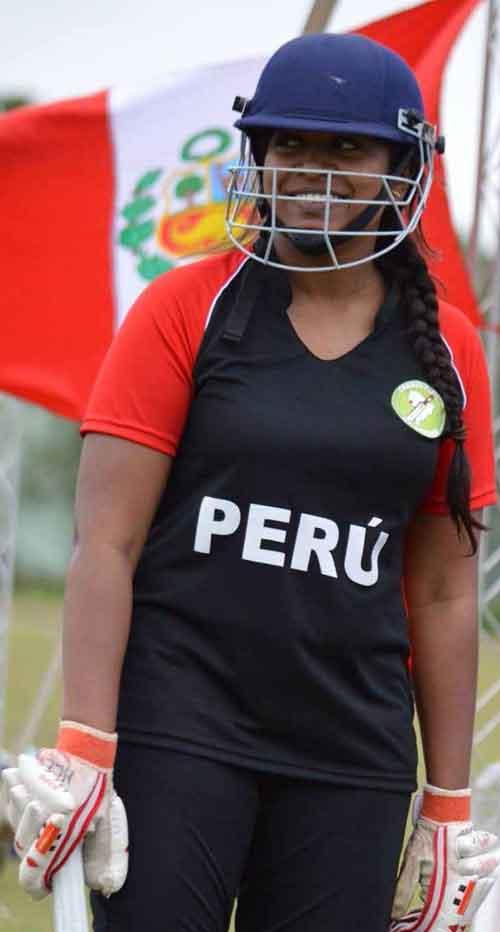
Q You’ve broken barriers in multiple countries. How do you define success for yourself beyond medals, awards, or recognition?
I don’t see myself as a barrier breaker but I’m always inspiring and encourage girls to be the best that they can be. It wasn’t easy for me when I was growing up as I didn’t have role models. Today, girls can look up to amazing superstars like Chamari Athapaththu who have achieved success and done so much to encourage others. It’s absolutely amazing to be in Sri Lanka during the Women’s World Cup Cricket Championships because it shows that now you can do anything you want and be anything you can be and there is no stopping you. Nowadays, it’s more acceptable for women to play sports and speak out, which I consider a huge achievement in itself.
Throughout your remarkable journey, who have been the key supporters guiding you, and how have they helped you navigate and balance the many demands of family, career and coaching?
My husband has been a strong supporter, and my two children have also been impressed with everything I’ve done. My husband’s colleagues at the Foreign Office and their spouses have helped me along the way. I’ve also had a lot of support from my close female circle of friends in Brighton and Hove, and my County as well as a lot of people who help me in cricket in the UK everywhere. I also value the support I receive from the Sri Lankan Malay community. Women and girls from my community don’t have to be suppressed or discouraged, and we also can play sports and take leadership roles just like everyone else.
Q Looking back, what message would you give to young girls in Sri Lanka and around the world who aspire to pursue sports professionally?
Always believe in yourself and never ever give up. I was married, just turned 30 and my first child was only 5 months old when I started training as a national cricketer. It’s never too late to do anything you dream about. You may think that you are not the fittest or lack stamina, and that you’re not good enough. But never think in that way, just keep going and be passionate about what you want to achieve. There will be times when you will struggle and face many challenges, but success is built on pillars of failure, and you’ll come out shining and thriving.
My father played rugby for Sri Lanka and despite everything I had to go through, I eventually found a way to make my dreams come true by playing cricket for Peru!
--------------------------------------------------
From breaking cultural barriers to nurturing the next generation of female cricketers, Nilma’s journey is a testament to resilience, courage, and purpose. Her story highlights how sports can be a powerful tool for empowerment, inclusion, and positive change, both on and off the field. Through her work, she continues to inspire girls and women around the world to believe in themselves, follow their passions, and strive for excellence, proving that it’s never too late to chase a dream and make a lasting impact.

